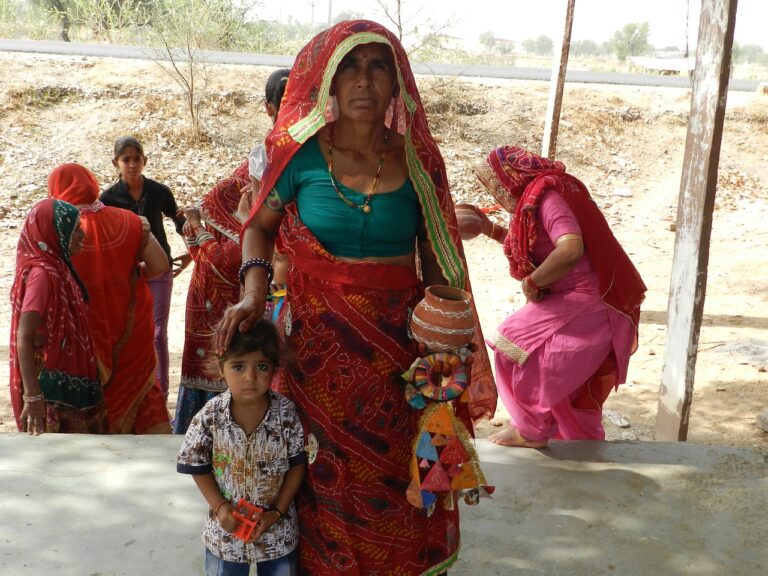Exploring the Impact of Political Polarization on Election Outcomes
Political tribalism has become a prevalent phenomenon in modern elections, where political identities are deeply entrenched and individuals align with their chosen party more fervently than ever before. This tribal mentality often leads to a stark divide between different political factions, resulting in heightened polarization and antagonism among voters. Rather than engaging in constructive dialogue and seeking common ground, individuals tend to adhere strictly to their beliefs and view the opposing side with suspicion and animosity.
As a consequence of political tribalism, the electoral landscape has become increasingly divided and contentious. Campaigns are characterized by intense partisanship, with candidates and parties focusing on mobilizing their base rather than appealing to a broader spectrum of voters. This us-versus-them mentality has led to a sharp decline in bipartisanship and cooperation, making it challenging to address pressing issues through collaborative efforts and consensus-building.
The Role of Media in Fueling Political Polarization
In today’s political landscape, the media plays a significant role in shaping public opinion and fueling political polarization. With the proliferation of news outlets catering to specific ideologies, individuals are often consuming information that aligns with their beliefs, reinforcing existing biases. This phenomenon not only deepens the divide between different political factions but also hampers constructive dialogue and understanding between opposing sides.
Moreover, the sensationalism and partisanship prevalent in today’s media coverage further exacerbate political polarization. In the quest for higher ratings and increased viewership, media outlets frequently prioritize emotionally charged and divisive content, which can distort facts and amplify extreme viewpoints. This sensationalized reporting not only polarizes audiences but also undermines the credibility of journalism, eroding trust in the media as a reliable source of information.
The Influence of Social Media Echo Chambers on Election Results
Social media has become an omnipresent force in shaping the political landscape, creating echo chambers where like-minded individuals consume information that aligns with their beliefs. This phenomenon has significantly contributed to the polarization of voters and the amplification of extreme viewpoints. Echo chambers on social media platforms such as Facebook and Twitter have led to the reinforcement of existing biases and the spread of misinformation, ultimately influencing election results.
Within these echo chambers, users are often exposed to content that confirms their pre-existing beliefs and ideologies, fostering an environment where dissenting opinions are marginalized or discredited. As a result, individuals are less likely to critically engage with differing perspectives, leading to a further entrenchment of political tribalism. The insular nature of social media echo chambers has the potential to sway public opinion, shape voter behavior, and ultimately impact the outcomes of elections.
What is a social media echo chamber?
A social media echo chamber refers to the phenomenon where individuals are only exposed to information and opinions that align with their own beliefs, creating a self-reinforcing loop of confirmation bias.
How does political tribalism impact modern elections?
Political tribalism leads to voters aligning themselves with a specific political party or ideology, often without considering alternative viewpoints. This can result in increased polarization and division within society.
How does the media contribute to political polarization?
The media plays a significant role in shaping public opinion by selectively presenting information and viewpoints that cater to their target audience. This can further reinforce existing beliefs and contribute to political polarization.
In what ways do social media echo chambers influence election results?
Social media echo chambers can amplify the spread of misinformation, reinforce biases, and limit exposure to diverse perspectives. This can sway public opinion and ultimately impact election outcomes.







